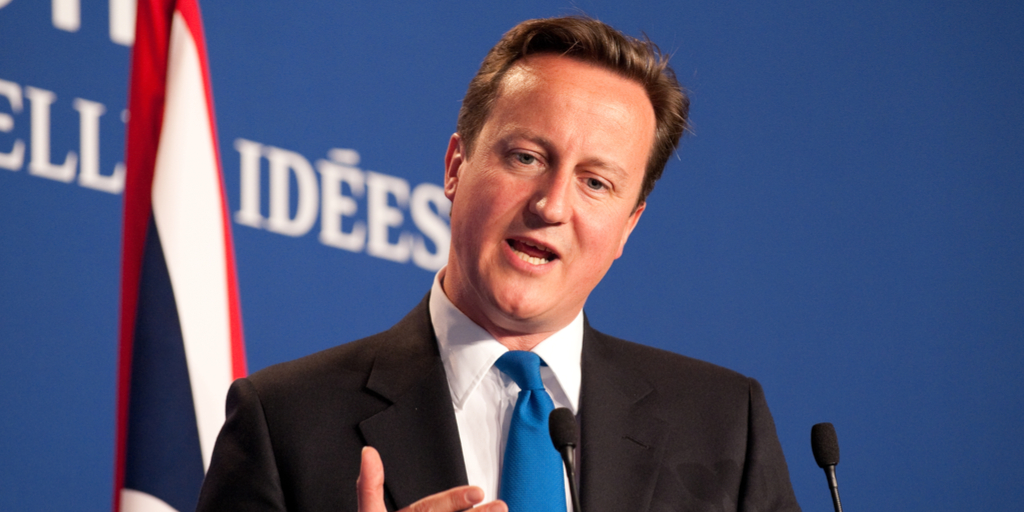Many mediating institutions are in trouble today, beset by scandal from within and harassed by the state from without: but how to help them?
The Rise of Special Interests and the Decline of Mediating Institutions
Mediating institutions need to reform themselves to be effective in the presence of social media and in the absence of traditional deference. But make no mistake. The greatest obstacle that even reformed mediating institutions face in carrying out their role of providing effective public goods, persuasive moral frameworks, and sources of meaning in people’s lives is the growth of the state. This growth not only hampers mediating institutions directly by starving them of resources and impeding them through regulation. It makes the social climate for mediating institutions much more unfavorable by encouraging individuals to join interest groups to obtain benefits from the government rather than to join institutions that act outside of government.
The increasing burden and power of the state impedes mediating institutions in several ways. First, it constrains some central functions that mediating institutions have performed by starving them of resources. If the state taxes for public schooling and permits only government schools to use that revenue stream, mediating institutions running schools face the disadvantage that their participants will have to pay twice for the education of their children—once to the government as taxpayers and again to the mediating institution. This burden curtails perhaps the most important mission that mediating institutions have—providing knowledge and moral discipline for the next generation.
The state has not only grown in size, but in the reach of the conduct it purports to control. For instance, progressives often believe that the government should prevent mediating institutions from discriminating in employment in favor of those committed to advancing their values. The Obama administration even argued that a church should not be able to require an employee whom it deemed a minister to use its dispute resolution system rather than resort to courts about employment matters. Such government regulation prevents mediating institutions from creating a distinctive culture—one that may be different from that embraced by the majority, yet important in providing its particular goods and fostering its moral framework.
Perhaps the greatest difference that the growth of the state makes to mediating institutions is in the incentives for individual citizens. In a small state, individuals have incentives to join mediating institutions, because they provide a wide variety of goods, both material and spiritual, to their members. But in the large state with few limits on either the funds it can provide or the norms it can enforce, individuals naturally will spend more time trying to influence the state. Thus, they are more likely to join special interest groups, including those defined by identity, whose principal focus is to turn the state to their advantage either in the distribution of funds or in the grant of special privileges, like preferences in schooling or employment. And many of these special interest groups will then want to hobble mediating institutions because the public goods they often provide are alternatives to those of the state which they seek to control.
Conservative politicians, like President George W. Bush and British Prime Minister David Cameron, have tried to combat this development by permitting mediating institutions to provide some social goods that would otherwise be the function of government bureaucracies. Hence George W. Bush’s faith based initiative distributed funds to private charities, including religious ones, to provide certain social services. David Cameron championed the “big society” which would empower civic associations to become social entrepreneurs. The common idea was to permit mediating institutions in a few specified social arenas an opportunity for service that would displace the usual bureaucracies.
But these initiatives had more rhetorical force than financial substance. The government educational system and the welfare state continue to be almost entirely shaped by bureaucrats. Special interests still war for government control and the time Americans devote to civic associations dwindles with the result that these associations provide fewer social goods. It is a vicious cycle: A more powerful state weakens mediating institutions and weakened mediating institutions empower the state.

